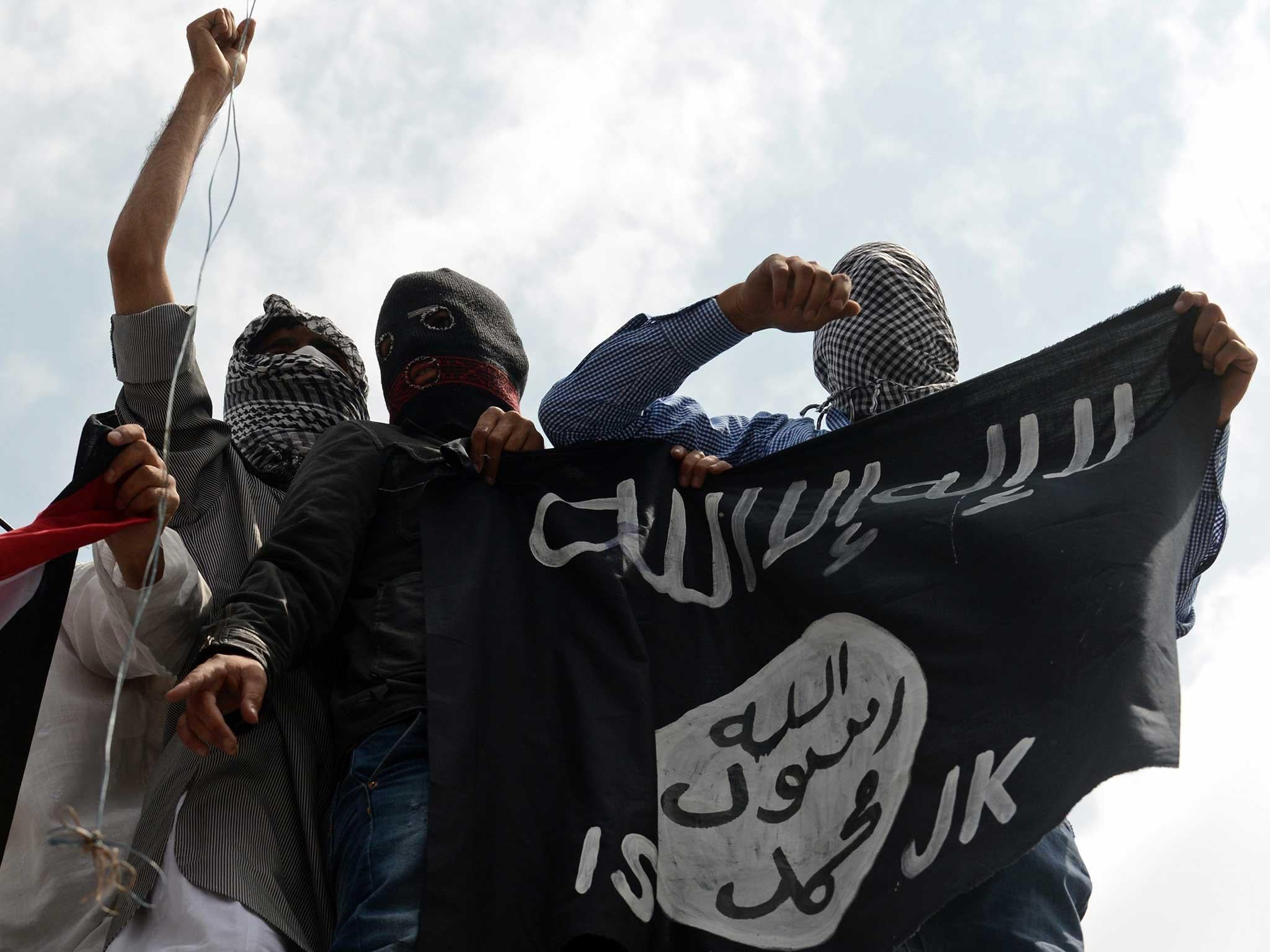Isis guilty of 'cultural cleansing' across Syria and Iraq, Unesco chief Irina Bokova says
The militant group is responsible for the 'systematic destruction' of important historical sites in an attempt to erase cultural identities

Isis and other militant groups are guilty of "cultural cleansing" in the Middle East, the head of the UN's heritage organisation has said.
Irina Bokova, the director general of Unesco, said the world had been "stunned" by the scale of the destruction of historically and culturally significant sites by Islamist terror groups over the past few years.
She noted that the recent attacks in Syria carried out by Isis, also known as Islamic State, were similar to the destruction of manuscripts by Islamist fighters in Mali in 2013 and the Taliban's dynamiting of the Buddah statues in Bamiyan, Afghanistan.
"I'm calling this cultural cleansing," she said, emphasising that destroying heritage sites should be seen as an attempt to erase cultural identity.
In an interview with Russia Today's World's Apart programme, Ms Bokoba decried the "systematic destruction" of important historical sites, "combined [with] industrial scale illicit archeological sites, looting of archeological sites and trafficking".
Isis has carried out a sustained campaign of destroying cultural artefacts.
Its destruction of parts of Palmyra in Syria, a Unesco World Heritage site, prompted international outrage, but the looting and trafficking of antiques also helps fund the group's operations.
In February the UN passed a Security Council resolution that introduced measures to curb the trafficking of cultural objects from Iraq and Syria.
The resolution is also a recognition of Unesco's concerns about the destruction of heritage sites.
"For the first time we have convinced the UN Security Council to take up seriously something that we have been advocating since the beginning of the Syrian conflict," Ms Bokova said in her interview.
"I remember during those times I was criticised in the press, [which said] that Unesco is out of touch because people are dying and we are talking about bricks and stones," she said.
In August Isis fighters destroyed three tower tombs in Palmyra, structures that had survived since between 44 and 103 AD.
The Temple of Bel, an iconic religious building that had survived for 2,000 years, has also been destroyed.
Subscribe to Independent Premium to bookmark this article
Want to bookmark your favourite articles and stories to read or reference later? Start your Independent Premium subscription today.

Join our commenting forum
Join thought-provoking conversations, follow other Independent readers and see their replies